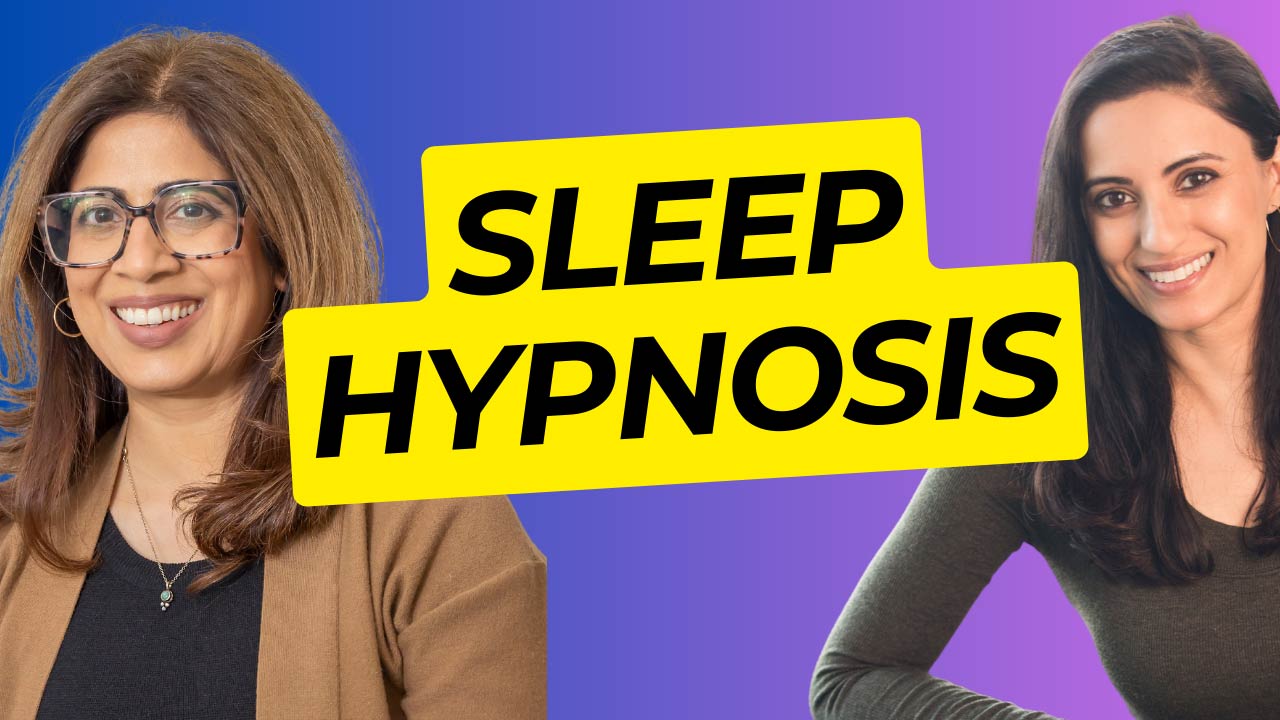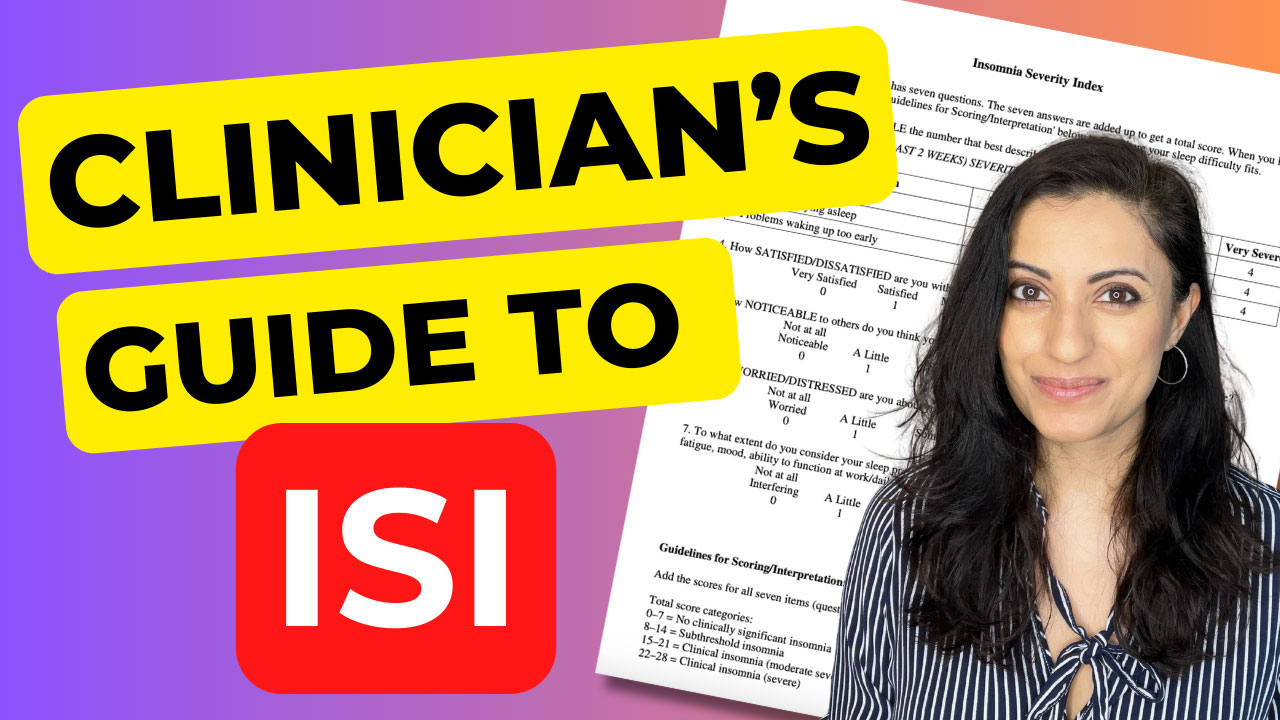If you have trouble sleeping, going to bed can start to feel overwhelming and sometimes downright stressful. There’s so much information out there about supplements and pills for insomnia, cutting down on caffeine, finding the perfect mattress, not watching TV in bed, getting the right kind of noise cancelling ear plugs, and so on. Although some of these things can help, it won’t do any good unless you understand why you’re not sleeping in the first place.
Whenever I see someone in my practice for sleep issues, the first thing we try to figure out is what’s causing their difficulty sleeping. Until we understand that, focusing on sleep hygiene measures can feel like an endlessly frustrating game.
These are four common causes of poor sleep quality that everyone should know about
1. Stress
This is one of the most common causes of insomnia, it both precedes and perpetuates sleep problems. Stress leads to a state of “hyperarousal”. Think of this as your nervous system in overdrive. Physical symptoms of hyperarousal include shortness of breath, heart palpitations, or feeling “wired” or edgey. Hyperarousal is also associated with cognitive symptoms like excessive worrying, ruminating, or an inability to turn your mind off when you go to bed. When left untreated, stress then leads to anxiety about not sleeping, which then feeds into the sleep issues. The act of going to sleep then shifts from a passive to an active process. This is why trying to use sleep medications, substances, cocktails of sleep supplements for stress-related insomnia don’t work in the long run, because they only address the physical symptoms of insomnia without actually dealing with the root cause.
2. Irregular sleep times
Our internal body clock, called the circadian rhythm, regulates our sleep-wake patterns. Going to bed and waking up at different times everyday confuses the body clock and contributes to insomnia and poor sleep quality. It creates a jet lag-like state called social jet lag. Shift workers are at particular risk of this. Irregular sleep times lead to issues with feeling heavy or foggy, getting sleepy at the wrong times, or feeling “wired but tired”. Realigning the body clock to ensure that it is on a regular schedule and aligned with our body’s “sleep drive” is a crucial step in restoring healthy sleep.
3. Delayed sleep phase syndrome (DSPS)
A “night owl” sleep pattern is a common sleep issue that is often misdiagnosed as insomnia. Around the time of puberty, melatonin secretion is delayed by 2 hours. DSPS causes an inability to fall asleep, but once asleep, people sleep well and tend to wake up too late. This explains why lots of teenagers and young adults have so much trouble getting to sleep on time and then getting up for class. Many people grow out of this as adults, but it may persist into adulthood. DSPS is often misdiagnosed as depression, ADHD, chronic fatigue syndrome, or fibromyalgia, and people may be prescribed medications unnecessarily.
4. Breathing issues
Obstructive Sleep Apnea (OSA). This is a condition that affects nearly 1 billion people worldwide. It’s estimated that in North America, up to 30% of males and up to 15% of females have OSA. It affects all genders, ages, and body types, from infants to the elderly. Signs and symptoms include snoring, waking up with dry mouth or a headache, restless sleep, teeth grinding, jaw clenching, mouth breathing, unrefreshing sleep, choking or gasping in sleep, and difficulty falling or staying asleep. Left untreated, OSA can cause long term sleep issues, difficulty losing weight, anxiety, depression, ADHD-like symptoms, and even cardiovascular issues like high blood pressure, heart disease, and increased risk of stroke.
At IntraBalance, we specialize in finding the root cause of your sleep problems and providing you with effective and personalized interventions to sleep better and wake up feeling refreshed.
If you want to learn more about how to optimize your sleep, get our FREE sleep guide.



